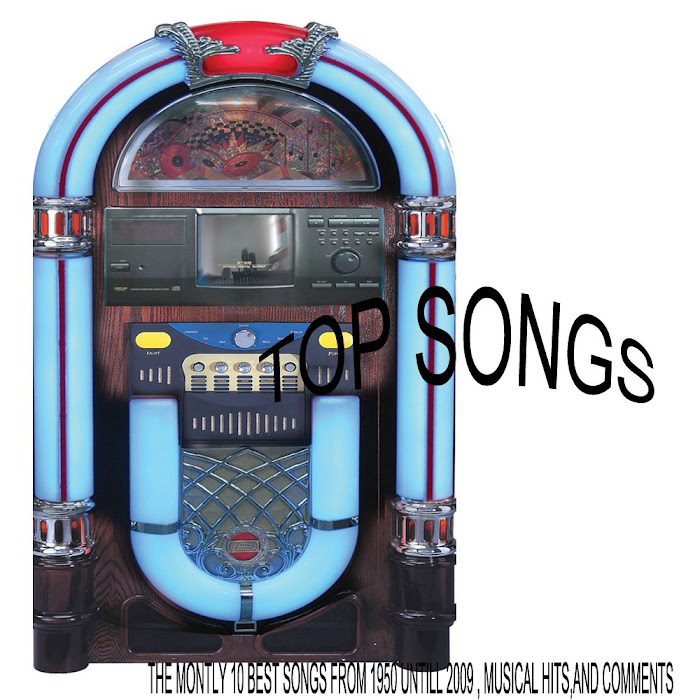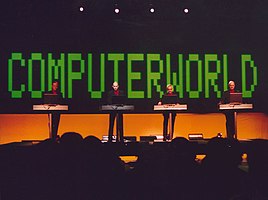A long, long time ago...
I can still remember
How that music used to make me smile.
And I knew if I had my chance
That I could make those people dance
And, maybe, they�d be happy for a while.
But february made me shiver
With every paper I�d deliver.
Bad news on the doorstep;
I couldn�t take one more step.
I can�t remember if I cried
When I read about his widowed bride,
But something touched me deep inside
The day the music died.
So bye-bye, miss american pie.
Drove my chevy to the levee,
But the levee was dry.
And them good old boys were drinkin� whiskey and rye
Singin�, "this�ll be the day that I die.
"this�ll be the day that I die."
Did you write the book of love,
And do you have faith in God above,
If the Bible tells you so?
Do you believe in rock �n roll,
Can music save your mortal soul,
And can you teach me how to dance real slow?
Well, I know that you�re in love with him
`cause I saw you dancin� in the gym.
You both kicked off your shoes.
Man, I dig those rhythm and blues.
I was a lonely teenage broncin� buck
With a pink carnation and a pickup truck,
But I knew I was out of luck
The day the music died.
I started singin�,
"bye-bye, miss american pie."
Drove my chevy to the levee,
But the levee was dry.
Them good old boys were drinkin� whiskey and rye
And singin�, "this�ll be the day that I die.
"this�ll be the day that I die."
Now for ten years we�ve been on our own
And moss grows fat on a rollin� stone,
But that�s not how it used to be.
When the jester sang for the king and queen,
In a coat he borrowed from james dean
And a voice that came from you and me,
Oh, and while the king was looking down,
The jester stole his thorny crown.
The courtroom was adjourned;
No verdict was returned.
And while lennon read a book of marx,
The quartet practiced in the park,
And we sang dirges in the dark
The day the music died.
We were singing,
"bye-bye, miss american pie."
Drove my chevy to the levee,
But the levee was dry.
Them good old boys were drinkin� whiskey and rye
And singin�, "this�ll be the day that I die.
"this�ll be the day that I die."
Helter skelter in a summer swelter.
The birds flew off with a fallout shelter,
Eight miles high and falling fast.
It landed foul on the grass.
The players tried for a forward pass,
With the jester on the sidelines in a cast.
Now the half-time air was sweet perfume
While the sergeants played a marching tune.
We all got up to dance,
Oh, but we never got the chance!
`cause the players tried to take the field;
The marching band refused to yield.
Do you recall what was revealed
The day the music died?
We started singing,
"bye-bye, miss american pie."
Drove my chevy to the levee,
But the levee was dry.
Them good old boys were drinkin� whiskey and rye
And singin�, "this�ll be the day that I die.
"this�ll be the day that I die."
Oh, and there we were all in one place,
A generation lost in space
With no time left to start again.
So come on: jack be nimble, jack be quick!
Jack flash sat on a candlestick
Cause fire is the devil�s only friend.
Oh, and as I watched him on the stage
My hands were clenched in fists of rage.
No angel born in hell
Could break that satan�s spell.
And as the flames climbed high into the night
To light the sacrificial rite,
I saw satan laughing with delight
The day the music died
He was singing,
"bye-bye, miss american pie."
Drove my chevy to the levee,
But the levee was dry.
Them good old boys were drinkin� whiskey and rye
And singin�, "this�ll be the day that I die.
"this�ll be the day that I die."
I met a girl who sang the blues
And I asked her for some happy news,
But she just smiled and turned away.
I went down to the sacred store
Where I�d heard the music years before,
But the man there said the music wouldn�t play.
And in the streets: the children screamed,
The lovers cried, and the poets dreamed.
But not a word was spoken;
The church bells all were broken.
And the three men I admire most:
The father, son, and the holy ghost,
They caught the last train for the coast
The day the music died.
And they were singing,
"bye-bye, miss american pie."
Drove my chevy to the levee,
But the levee was dry.
And them good old boys were drinkin� whiskey and rye
Singin�, "this�ll be the day that I die.
"this�ll be the day that I die."
They were singing,
"bye-bye, miss american pie."
Drove my chevy to the levee,
But the levee was dry.
Them good old boys were drinkin� whiskey and rye
Singin�, "this�ll be the day that I die."






 Email
Email Stumble
Stumble AIM
AIM Del.icio.us
Del.icio.us DiggThis
DiggThis Fark It!
Fark It!








